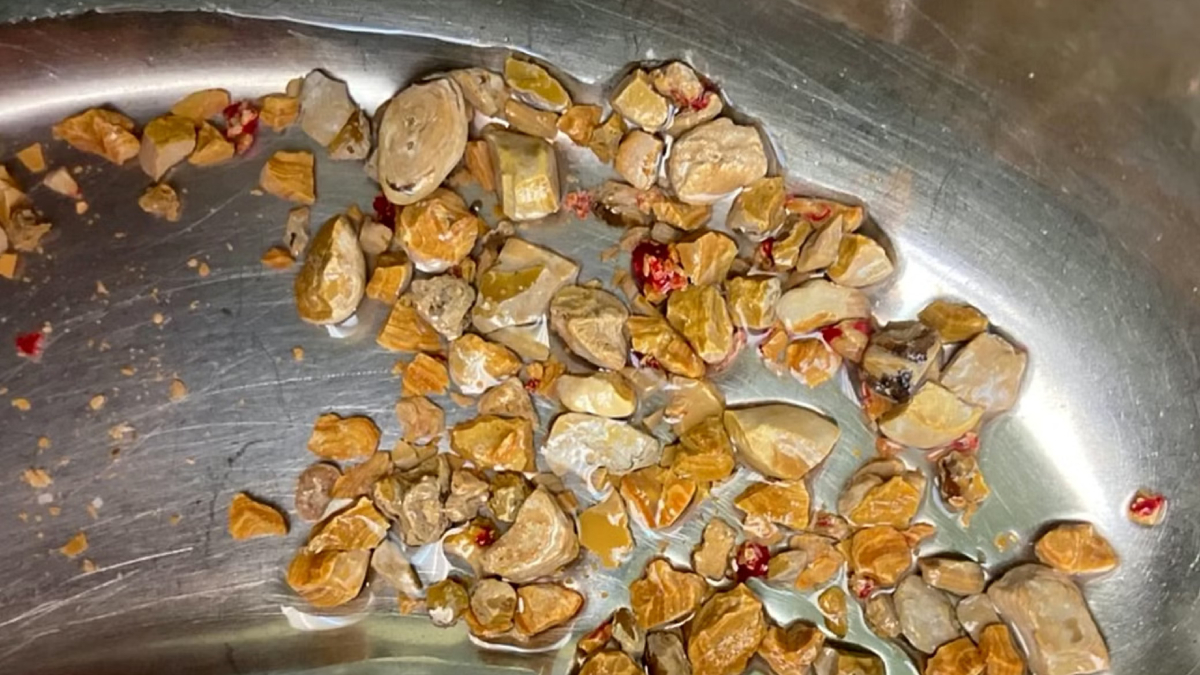The summer months in the Middle East see a notable surge in kidney stone cases, with medical facilities reporting a 30-40% increase. This seasonal spike is attributed to the region’s extreme heat and insufficient fluid intake, according to Khaleej Times.
“Normally during the summer, we see nearly 40 percent more cases of kidney stones,” said Dr. Humam Qaraschouli, consultant urologist at Burjeel Royal Hospital, Asharej.
Middle-aged individuals, particularly those exposed to the sun during outdoor work, are more susceptible. “Dehydration is a key risk factor among workers for kidney stones. It reduces urine volume and increases the concentration of stone-forming substances,” explained Dr. Satyabrata Garanayak, specialist urologist at Thumbay University Hospital.
Even office workers, who often suffer from silent dehydration due to air-conditioned environments, are at risk. “These individuals frequently neglect proper hydration, which similarly elevates their risk of developing kidney stones,” Dr. Garanayak added.
Recently, a 35-year-old worker endured intense pain on his right side for weeks before consulting doctors at Thumbay University Hospital. A CT and X-ray scan revealed a significant 6cm kidney stone, known as a staghorn calculus. He underwent a combined treatment approach involving two surgeries: Percutaneous Nephrolithotomy (PCNL) and Retrograde Intrarenal Surgery (RIRS), successfully removing the stone.
Doctors noted that kidney stones typically affect people between the ages of 30 and 50 due to work-related exposures and lifestyle factors. Men are more frequently affected than women, with a ratio of five male patients for every one female patient. “Men are more likely to become dehydrated, particularly in physically demanding jobs, which raises their risk of kidney stones,” Dr. Qaraschouli said.
The high summer temperatures cause excessive sweating, leading to dehydration. “When the body is dehydrated, urine becomes more concentrated, creating an environment where minerals can crystallize and form kidney stones more easily,” Dr. Qaraschouli explained.
To mitigate the risk, individuals are advised to avoid foods high in oxalates, such as spinach, chocolates, black tea, nuts, and certain berries. “Reducing sodium consumption is crucial as high sodium levels can increase calcium excretion in urine, promoting stone formation,” Dr. Garanayak noted. Additionally, limiting sugary drinks and colas is recommended, while water and citrus-based beverages are encouraged for their citrate content, a natural inhibitor of stone formation.
Symptoms of kidney stones include flank pain, painful urination, pink, red, or brown urine, frequent urination, nausea, vomiting, and in severe cases, fever or chills. Various treatment options are available, including shock wave lithotripsy, endoscopic procedures, percutaneous nephrolithotomy, and in some cases, open or laparoscopic surgeries.
Doctors emphasize the importance of staying hydrated, recommending 3 to 4 litres of water daily, evenly distributed throughout the day.






